Question And Answer
Publications
Articles, publications, books, tools and multimedia features from the U.S. Institute of Peace provide the latest news, analysis, research findings, practitioner guides and reports, all related to the conflict zones and issues that are at the center of the Institute’s work to prevent and reduce violent conflict.
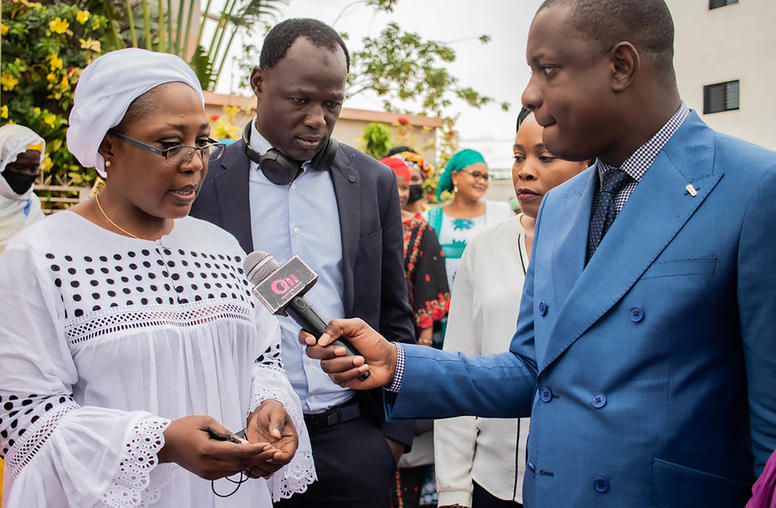
In Mali, Civil Society Takes on New Role in the Democratic Transition
In the decade leading up to Mali’s two military coups in 2020 and 2021, persistent governance grievances had left civilians without reliable public services while the military struggled to contain violent extremist groups. Hopes for a quick return to civilian rule post-coup have faded, as the country now nears three years under the rule of military leaders. While the transitional government has laid out a roadmap toward 2024 elections, there are growing concerns about the infrastructure capacity to carry out elections within that timeframe.

Au Mali, la société civile joue un nouveau rôle dans la transition démocratique
Au cours de la décennie qui a précédé les deux coups d'État militaires de 2020 et 2021 au Mali, les griefs persistants en matière de gouvernance ont priver les civils de services publics fiables, pendant que l'armée s’efforçait de contenir les groupes extrémistes violents. L'espoir d'un retour rapide à un régime civil après le coup d'État s'est estompé au fur et à mesure que le pays approche sa troisième année sous un régime militaire. En dépit des efforts du gouvernement de transition pour établir une feuille de route pour les élections de 2024, des préoccupations s’agrandissent par rapport à la capacité de l'infrastructure nécessaire pour mener à bien le processus et s'aligner sur le calendrier prévu.
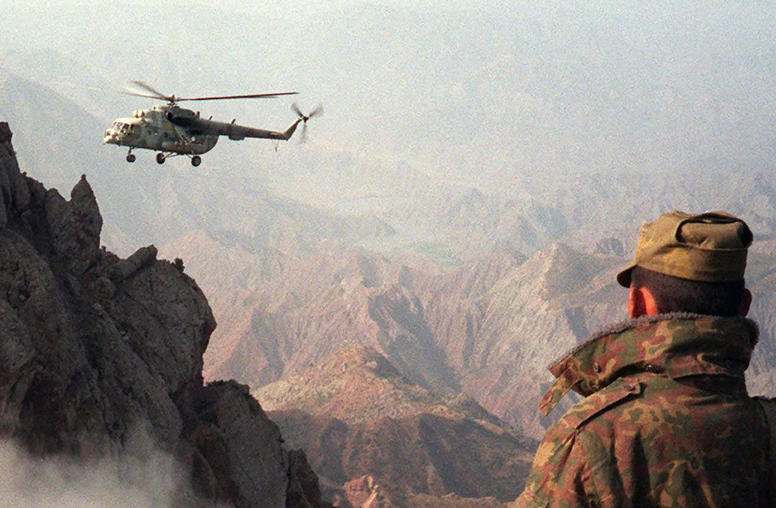
Tajikistan’s Peace Process: The Role of Track 2 Diplomacy and Lessons for Afghanistan
The peace process that ended the Tajik civil war in the late 1990s successfully combined both official and civic channels of communication and negotiation from its start. This report argues that although the agreement and its implementation were far from perfect, the Tajik experience contains valuable lessons on power-sharing arrangements, reconciliation, reintegration, and demobilization for the architects of future peace processes, and provides important insights into the shortcomings of the 2018–21 peace process in neighboring Afghanistan.

Thomas Sheehy on Vice President Kamala Harris’ Visit to Africa
Vice President Kamala Harris’ trip to Ghana, Zambia and Tanzania is further indication that “the U.S. is finally waking up” to opportunities in Africa, says USIP’s Thomas Sheehy. “Africans want choices, they don’t want to be dependent just on Chinese investment … they want the U.S. engaged.”
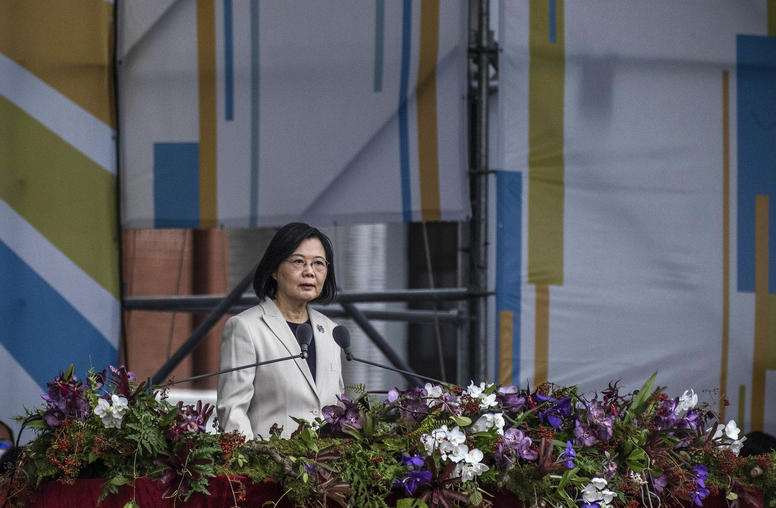
Tensions over Taiwan Rise with Tsai’s U.S. Stopover
President Tsai Ing-wen of Taiwan transits this week through the United States, stopping in New York on her way to Guatemala and Belize, and in California on her way home. Tsai has made six stopovers since she took office in 2016, but this is the first since July 2019. The stopovers are not official visits, but Tsai is expected to meet Speaker of the House Kevin McCarthy in California. Beijing has made it known it fiercely opposes the stopover and threatened to retaliate if McCarthy and Tsai meet.
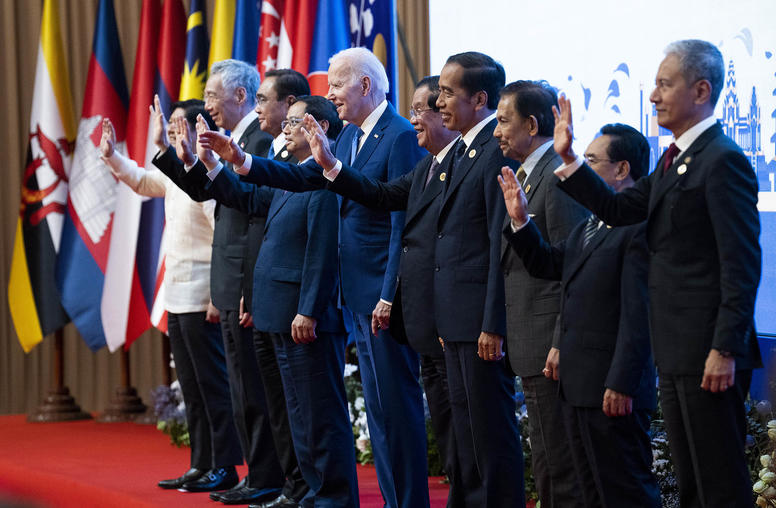
U.S.-China Rivalry: The Dangers of Compelling Countries to Take Sides
As the U.S.-China rivalry intensifies — with some speculating a new Cold War is in the offing — many Asian countries are looking on with concern. If Washington seeks to maintain its role as a global leader, it should be judicious in how it contests Chinese influence in Asia, which seems likely to be the key battleground of the new Sino-American rivalry. The United States must understand that Asian countries do not want to be forced to constantly manage competing pressures from superpowers. Cold War-era Sino-American competition demonstrates that forcing Asian countries to choose sides can ultimately be counterproductive and undermines one of the United States’ chief attributes in this global competition.
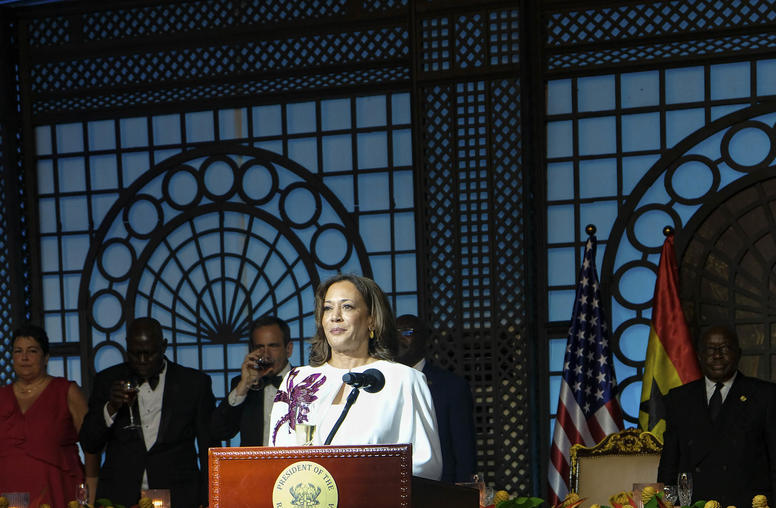
Vice President Harris Helps Focus on Ghana, West Africa
Vice President Kamala Harris’ choice of Ghana this week as the place to launch her show of U.S. commitment to a new partnership with Africa can be no surprise. Ghana is one of Africa’s more established democracies and is at the center of the coastal West Africa region that the United States has targeted for focused efforts to prevent instability and the spread of extremism that is driving insurgencies in the neighboring Sahel region. As Ghana confronts that threat, notably in its vulnerable north, its community and civil society groups form an essential resource that partners should support.
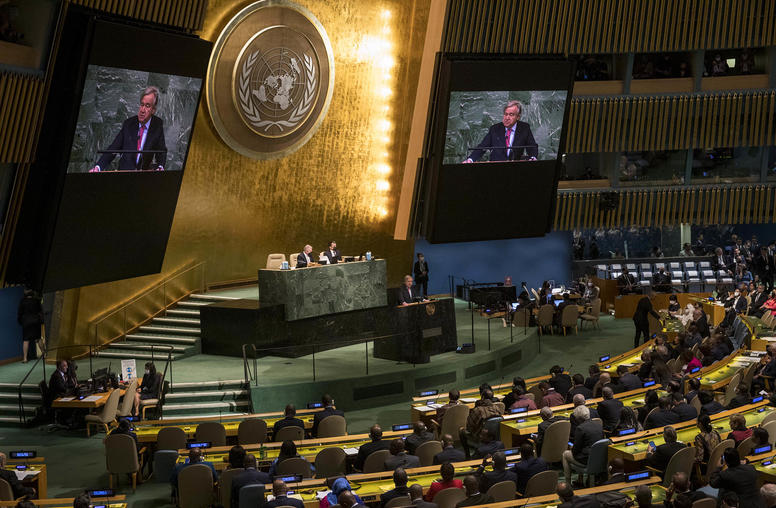
Positivism for Peace: Reforming the International System
Among many insightful and concerning points raised by the U.S. intelligence community’s 2023 threat assessment, it notes that "great powers, rising regional powers, as well as an evolving array of non-state actors, will vie for dominance in the global order … [and] compete to set the emerging conditions and the rules that will shape that order for decades to come.” China’s efforts to supplant U.S. dominance of global governance, along with divisions in the international community over the war in Ukraine have brought to the fore questions over the utility and viability of today’s international order.
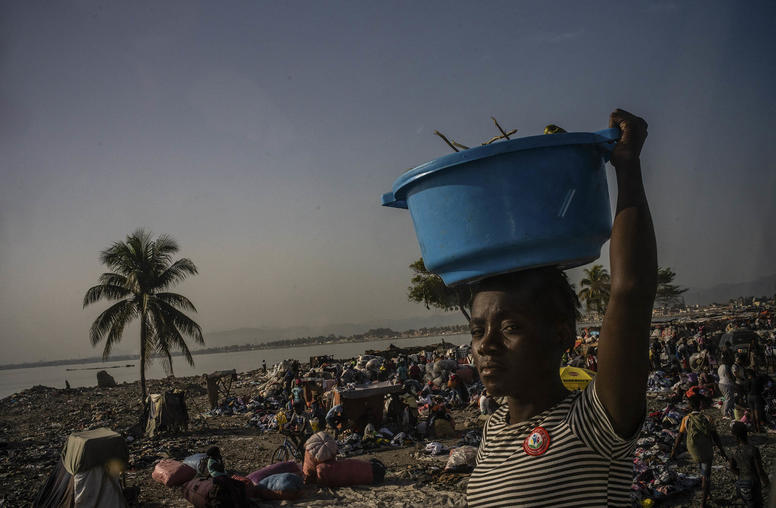
What’s the State of Play on the Global Fragility Act?
The White House’s recent release of 10-year stabilization and conflict prevention plans marks another milestone in U.S. efforts to implement the closely watched Global Fragility Act (GFA). The legislation received bipartisan support in the U.S. Congress before being signed into law by then President Donald Trump in 2019. It requires the U.S. government to develop a strategy for preventing the drivers of violent conflict and extremism, and to test a more coordinated, cost-effective and sustained U.S. approach in hot spots around the world.

Andrew Cheatham on the 2023 Summit for Democracy
As leaders gather for the Biden administration’s second democracy summit later this week, the president is working to “really push back on China’s offer” of narrow economic partnerships by “trying to make the case that you need the principles of democracy to have a good economy,” says USIP’s Andrew Cheatham.